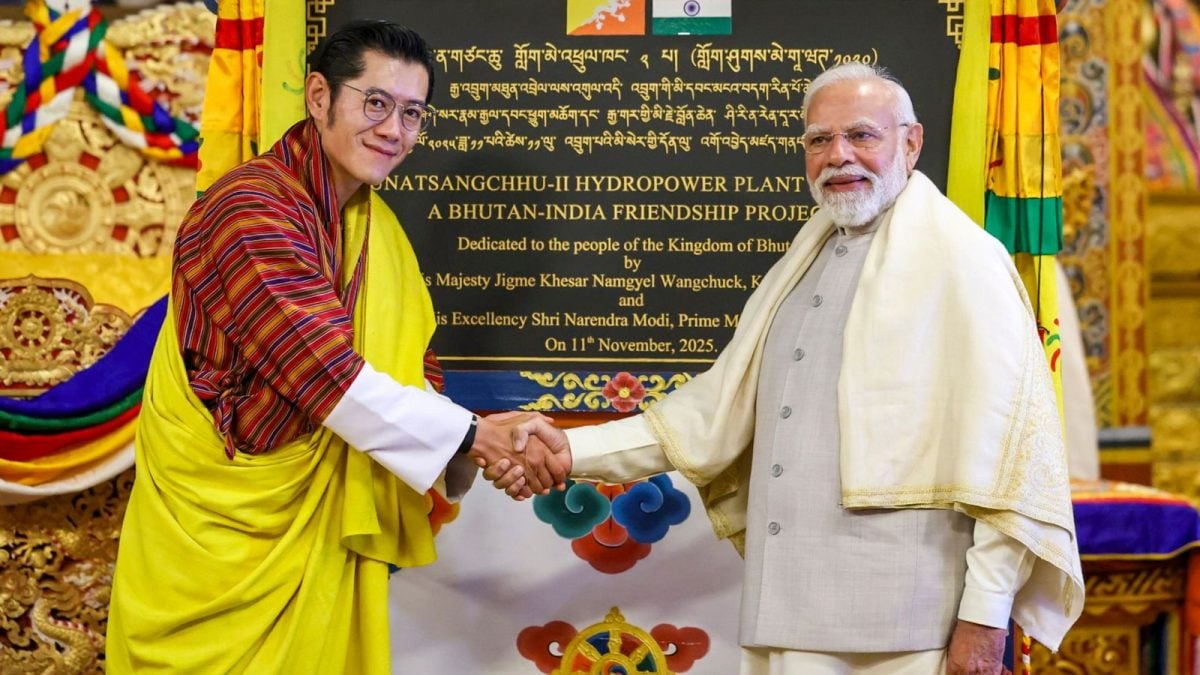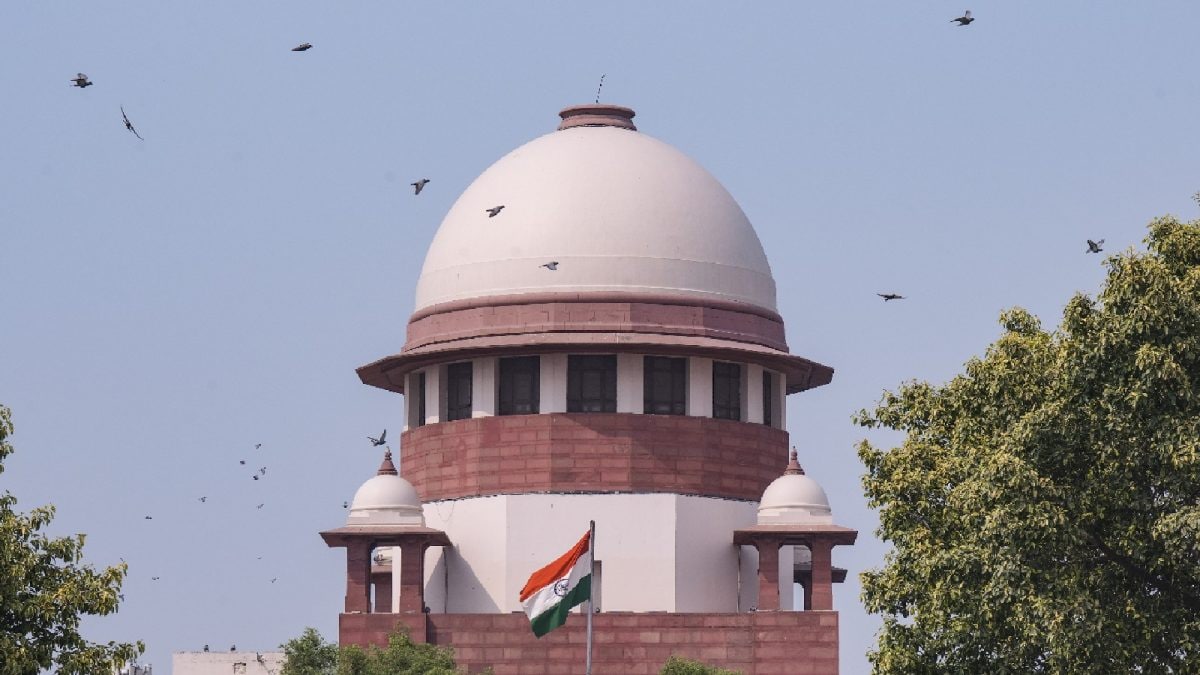India made its first opening statement at COP30 underlining that the climate conference ought to be stressing ‘adaptation’, and that the 10th anniversary of the Paris Agreement (signed in 2015) should not be used to “change the architecture” of that consensus.
This ‘architecture’ refers to the agreed-upon principle of ‘common but differentiated responsibilities (CBDR)’, which means that all countries must do their bit to curb fossil fuel emissions but without compromising on national economic-development priorities. With the withdrawal of the United States from the Paris Agreement and developed countries agreeing to mobilise only $300 billion – and not the demanded $1.35 trillion annually – by 2035 as ‘climate finance’ (to cope with unfolding climate disasters as well as move away from fossil fuels), developing countries, including India, saw this as a reneging on agreed commitments.
“We must remain committed to and guided by equity and common but differentiated responsibilities. The cornerstone principles of the Convention and its Paris Agreement signed all of us to the CBDR in Brazil back in 1992. We must reaffirm our strongest commitment to the principles here, not attempt to sideline and ignore it,” India delegation member Suman Chandra said as part of a collective of Like-Minded Developing Countries (LMDC) on Tuesday.
“Over the next two weeks, we must stay true to the cause and advance adaptation, which is among the most important issues for us. The (Brazil COP) Presidency must make a special call to the Parties to submit their National Adaptation Plan in line with national priorities and progress,” she added.
The LMDC is a large collective that represents nearly half of the world’s population, and consists of China, India, Pakistan, Indonesia, Bangladesh, Cuba, Egypt and several others.
India is yet to submit its National Adaptation Plan and the updated Nationally Determined Contribution, which specifies steps to curb fossil fuel emission by 2035, to the United Nations. “We are not here to point fingers, but the facts speak for themselves. We cannot simply bypass the roadblocks and the impediments to implementation,” Ms. Chandra added.
“Developed countries need to reach net zero much earlier than projected. They should invest significantly more in negative emission technologies,” Tanmay Kumar, Secretary, Environment Ministry and part of the India delegation, said on behalf of a joint statement by another grouping called BASIC (Brazil India China South Africa). The LMDC had pushed for including a discussion on the responsibility of developed countries in the COP30 agenda but in the larger spirit of “consensus” was moved to a separate negotiating track by COP30 President André Corrêa do Lago.

 1 hour ago
3
1 hour ago
3








 English (US) ·
English (US) ·